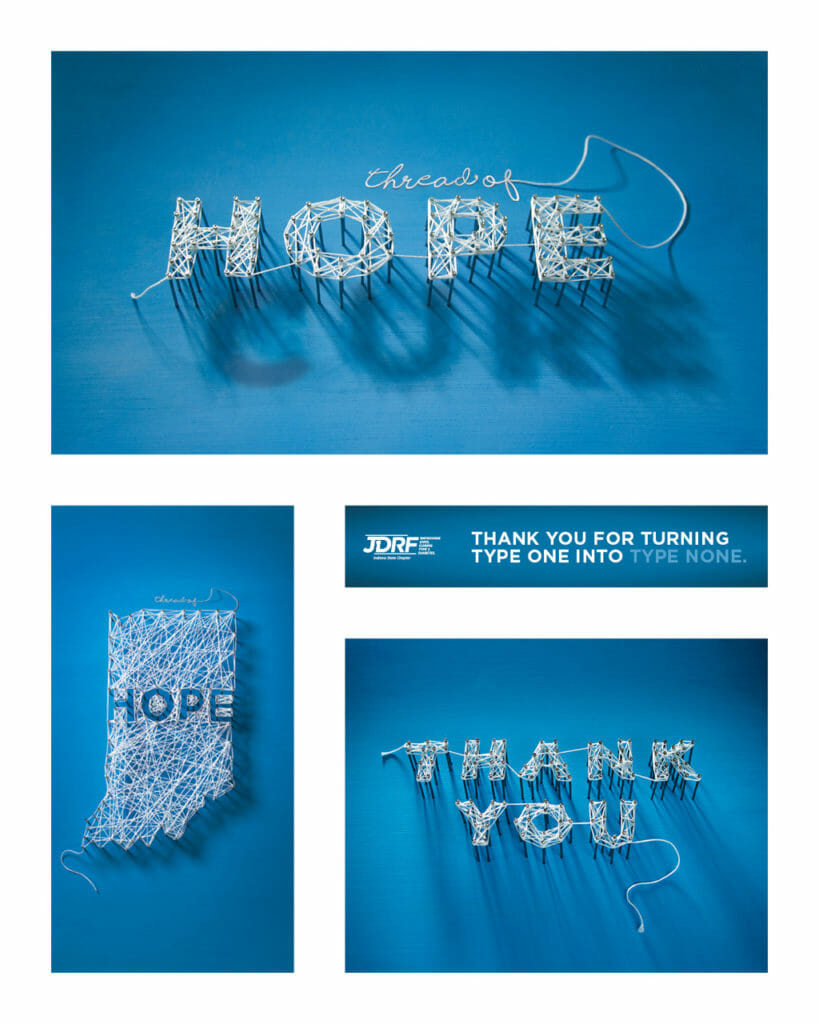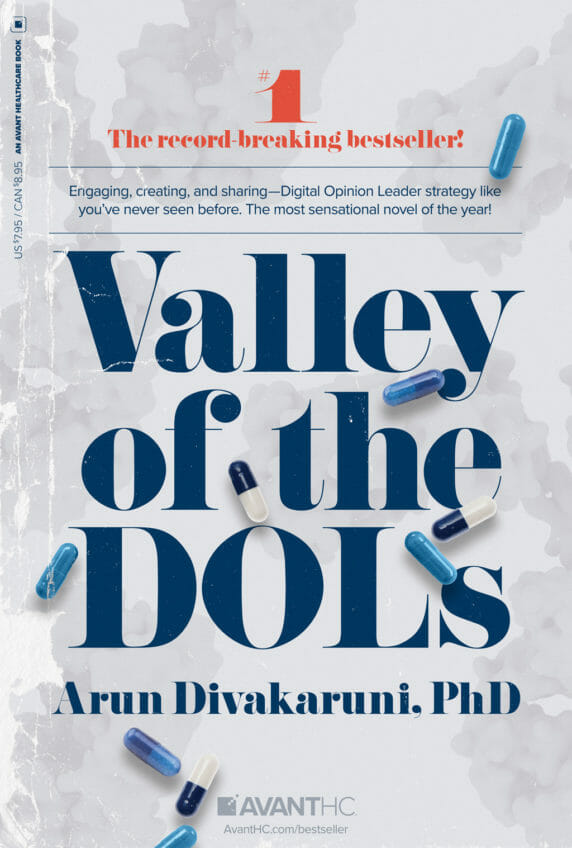It’s hard to imagine a year that better demonstrated the importance of medical storytelling than 2021. And that played to the strengths of Avant Healthcare, nearing the end of its third decade as a med-ed specialist — or, as CEO Arun Divakaruni puts it, as a specialist in “good scientific storytelling.”
How exactly does Avant define “good scientific storytelling?” Divakaruni breaks it down to three elements.
First, clarity. “No matter how complex the subject, you can get across the basics to anyone who needs to understand it,” he explains. Second, relatability — placing the science in the context of human effects and benefits. And third, practicality — meaning not only does it explain what a drug does, but also how physicians can integrate the intervention into their practices.
“Medicines don’t help people who don’t get them,” Divakaruni notes.

Avant, a subsidiary of DWA Healthcare Communications Group, generated $41.9 million in 2021 revenue, up 23% from the prior year’s take of $34 million. Much of that growth was powered by medical affairs, which Divakaruni reports was up at least 15% last year and is forecasted to represent one-tenth of DWA’s overall business this year.
To formalize its offering, Avant launched a medical affairs center of excellence, consolidating the agency’s in-house medical team of about 40 Ph.D.s, Pharm.D.s, physicians and medical librarians.
“We’re trying to create an offering geared toward that part of a biopharmaceutical organization where the conversations are more scientific than commercial,” Divakaruni explains. “Our strength in science and clinical expertise allows us to help our clients in a way other agencies can’t.”
As an example, Divakaruni points to Avant’s work with Gyroscope on a one-time genetic therapy for macular degeneration. The therapy is delivered via a device that doesn’t require the specialized surgical expertise of most gene therapies, meaning that most any ophthalmologist can administer it.
Avant helped Gyroscope create advisory boards to guide its development program and facilitate conversations with physicians and KOLs. The resulting launch is the main reason Novartis bought Gyroscope in December in a deal that could be worth up to $1.5 billion.
“We’re trying to serve as a catalyst to have meaningful, authentic, scientific discussions with the right physicians to help create an atmosphere that helps our clients achieve their business goals,” Divakaruni says.
Avant added assignments from Genentech, UCB (in its dermatology portfolio) and Immunocore (on the first immunotherapy for uveal melanoma). To accommodate the growth, Avant staffed up, driving head count from 169 at the start of 2021 to 197 at the end of it. Notable additions included former Pfizer exec Marc Voorhees as executive director of analytics.
Looking forward, Divakaruni is excited about working with digital opinion leaders and doctors to prove out a guiding hypothesis: “The message plus the messenger equals success,” he says. “It’s not so much about the flashy ad in a journal or the ultra-slick creative you may see on a billboard, but rather an authentic engagement with complicated science that is going to drive change.”
. . .
Work from outside pharma you admire…
The Dyslexic Thinking campaign from Virgin and Richard Branson resonates with me. It’s about neurodiversity and the importance of recognizing different ways of approaching problem-solving as an asset, not a disability. By challenging conventional wisdom, this campaign shows we can positively impact teams, brands and entire companies. Look at all the incredible things Richard Branson has achieved as a dyslexic thinker himself. — Divakaruni
From the June 01, 2022 Issue of MM+M - Medical Marketing and Media







